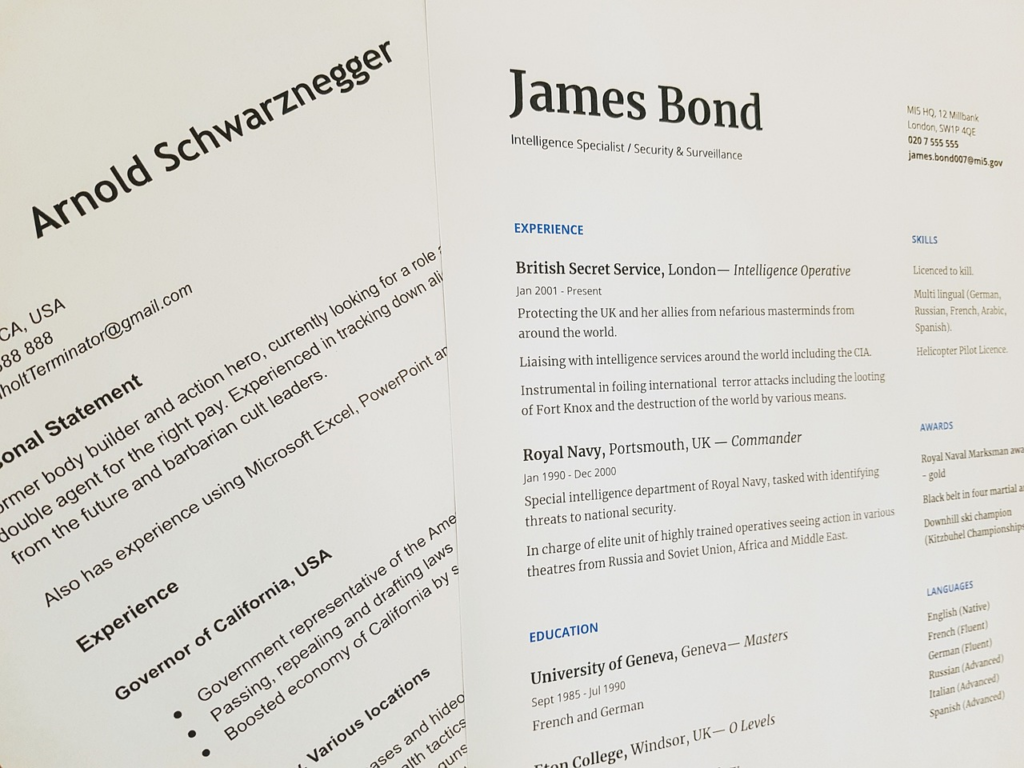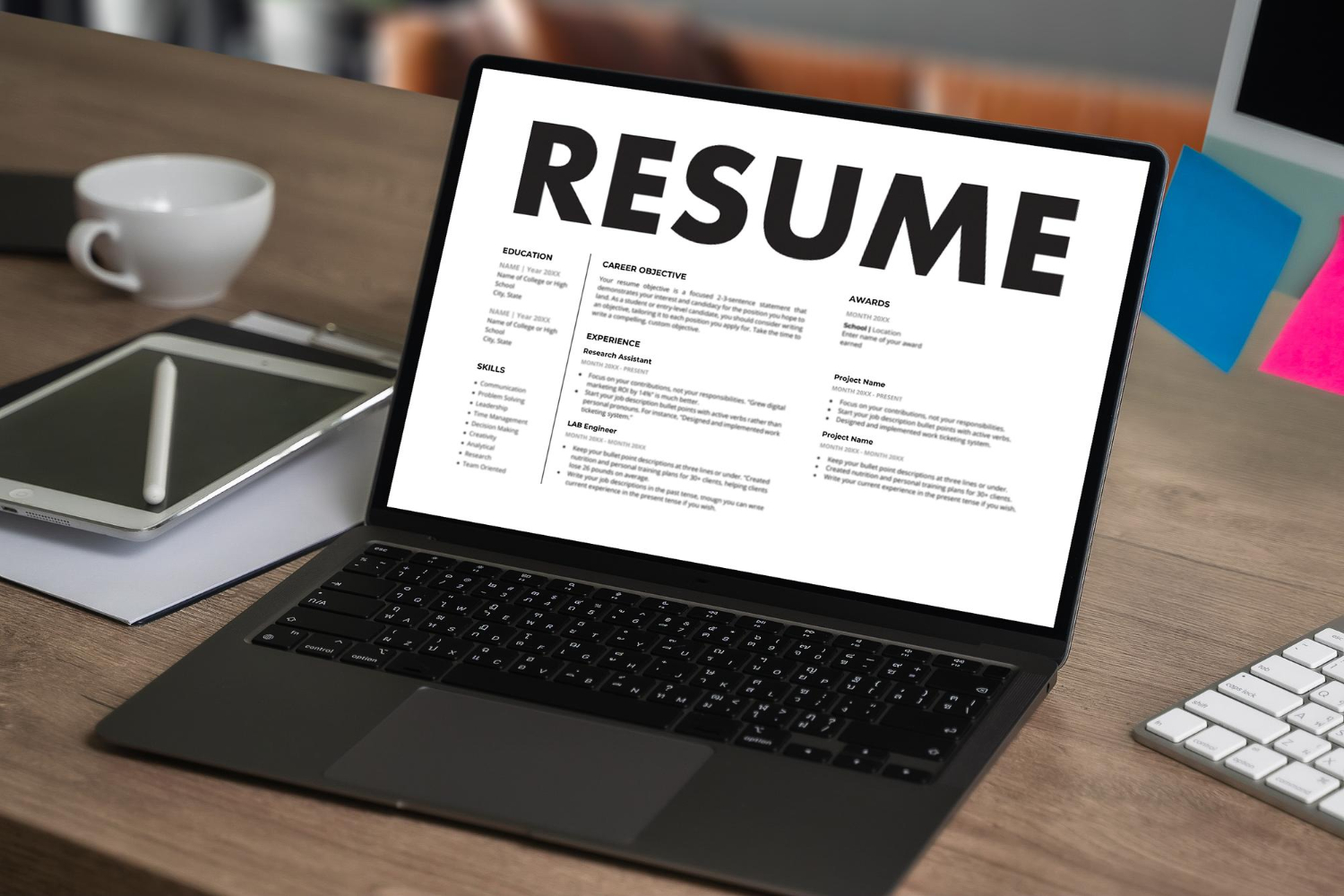
In today’s competitive job market, crafting a compelling resume is essential to stand out. One common question job seekers often ask is, “How far back should a resume go?”
It’s crucial to strike the right balance between showcasing relevant experience and keeping the document concise. This comprehensive guide will highlight what to consider when determining the appropriate length of your resume.
We will provide expert advice, industry standards, and professional tips to help you make informed decisions about your resume.
Understanding the Importance of Resume Length
Before going into too much detail, it’s essential to understand why resume length matters. Recruiters and hiring managers receive numerous applications for each job opening. They spend a limited amount of time reviewing each resume, often just a few seconds.
Therefore, a concise and well-organized CV should capture their attention and make a positive impression. Adhering to the appropriate length guidelines ensures that you emphasize your most relevant qualifications and achievements.
Consider Your Experience and Career Stage
The ideal resume length depends on various aspects, including your experience level and career stage. Let’s explore the guidelines for different categories of job seekers:
Entry-level and Recent Graduates
If you are a student or a recent graduate with limited work experience, your primary focus should be highlighting your relevant qualifications and transferable skills. It’s unnecessary to include every job you’ve ever had or extensive details about your education.
Instead, emphasize your academic achievements, internships, part-time jobs, volunteer work, and extracurricular activities demonstrating your abilities and potential.
Mid-Level Professionals
For professionals with two to five years of experience, showcasing your post-graduation work experience is crucial. If this fits your description, you should minimize the importance of your college experience, such as listing relevant coursework or school projects.
Focus on your paid work experience, internships, and volunteering roles that align with your career goals. If your job history is limited, you can supplement your resume with additional sections like skills, strengths, or projects to highlight your qualifications.
Experienced Professionals
If you have more than five years of experience, including the last 10 to 15 years of your work history on your resume is generally recommended. This approach ensures that your document remains relevant, concise, and easy to navigate for recruiters.
By limiting the number of years, you focus on your recent accomplishments and demonstrate your ability to adapt to the current job market. Craft and fine-tune your resume to the job you want to apply for, emphasizing the qualifications and skills that align with the position.
Exceptions to the Rule
While the general guidelines suggest specific timeframes, there are exceptions when including experience beyond the recommended years is beneficial. Consider the following situations:
- Experience at Prestigious Companies:
If you have worked at renowned companies, even if it’s beyond the recommended timeframe, it can capture the attention of hiring managers. Highlighting your experience in prestigious organizations showcases your credibility and may generate interest.
- Highly Relevant Work Experience:
It might still be valuable to include if you have relevant experience that occurred more than 15 years ago. You should mention this only if it demonstrates different facets of your expertise or achievements directly related to the job you’re applying for.
- Long Tenure at a Company with Varied Roles:
If you have worked at the same company for an extended period and held different roles within that organization, consider splitting your work experience. Highlight the most relevant positions first and exclude those that are less applicable.
- Job Requires Extensive Experience:
In some cases, job postings explicitly state that they require a certain number of years of experience. If this is the case, including the relevant background is essential, even if it falls outside the recommended timeframe. However, ensure that your resume remains concise and tailored to the specific job requirements.
Determining the Number of Jobs to Include
While considering the length of your resume, you should determine the number of jobs to include. Here are some guidelines to help you make informed decisions:
- Focus on Relevance:
Instead of listing every job you’ve held, prioritize positions directly relevant to the job you’re applying for. Doing this showcases your most impactful experiences and qualifications.
- Limit the Number of Jobs:
Including three to seven job listings on your resume is generally recommended. Including more jobs can overwhelm recruiters and dilute the impact of your most relevant experiences.
- Detail Recent Jobs:
Provide more detailed information about your recent positions, emphasizing accomplishments, responsibilities, and skills gained. Doing this gives employers a clear understanding of your recent contributions and demonstrates your ability to thrive in your current roles.
- Summarize Older Jobs:
As you go back in your work history, reduce the level of detail. Ensure you briefly summarize older positions with the employment dates, job titles, and company names to maintain a concise and focused resume.
Formatting Your Resume for Optimal Length
To ensure your resume remains concise and easy to read, follow these formatting tips:
- Use a Clear and Readable Font:
Choose a professional font. Some examples include Calibri, Arial, and Times New Roman. We recommend 10 and 12 points (font size) for the main body of your resume.
- Organize with Headings and Subheadings:
Create sections using clear headings and subheadings to help recruiters quickly navigate your document and locate relevant information.
- Utilize Bullet Points:
Present your accomplishments and responsibilities using bullet points. This format allows for concise and easy-to-read information.
- Keep It to Two Pages:
As a general rule of thumb, keep your resume to a maximum of two pages. Exceptions exist for specific industries or career paths, such as academia or federal positions, where longer resumes may be necessary.
Frequently Asked Questions
Professional Tips for Crafting an Effective Resume
To create a compelling resume, consider the following professional tips:
- Craft a Tailored Resume:
Customize your resume for each job application, emphasizing the qualifications and experiences that align with the job requirements.
- Support Your Achievements:
Use numbers and metrics to quantify your accomplishments and credibility to your resume.
- Highlight Transferable Skills:
Identify transferable skills from your previous experiences relevant to the job you’re applying for. Emphasize these skills to demonstrate your ability to succeed in the new role.
- Seek Professional Guidance:
If you need help structuring or formatting your resume, consider seeking assistance from a professional resume writer or career coach. They can provide valuable insights and help you create a standout resume.
Bottom Line: How Far Back Should Your Resume/CV Go
In conclusion, the appropriate length of a resume depends on various factors, including your experience level, career stage, and the specific job you’re applying for. You can create a concise and impactful document by focusing on relevant experiences, tailoring your resume, and utilizing effective formatting techniques.
Remember to prioritize the most recent and relevant information while keeping your resume to a maximum of two pages. With these guidelines and professional tips in mind, you can confidently craft a resume that shows your qualifications while increasing your chances of landing your desired job.

 Sections of this topic
Sections of this topic
















